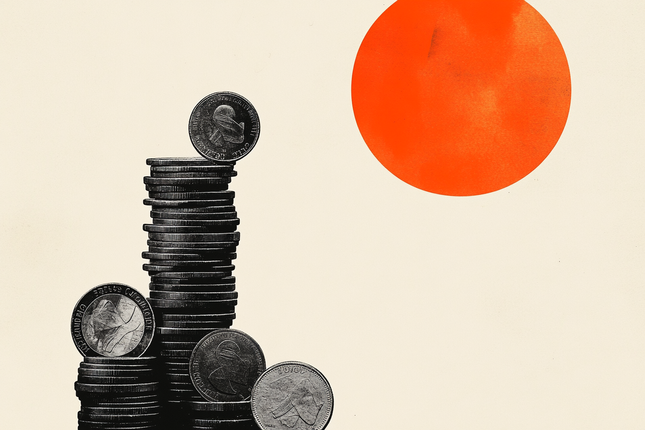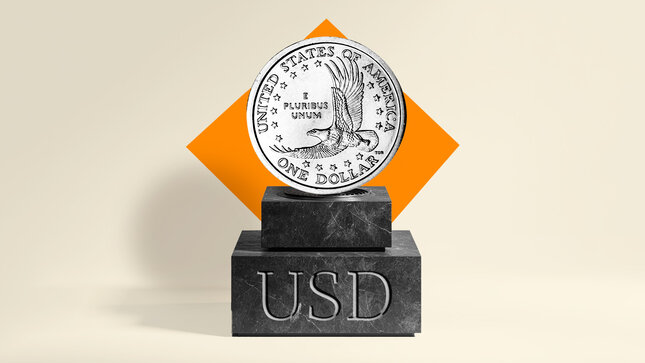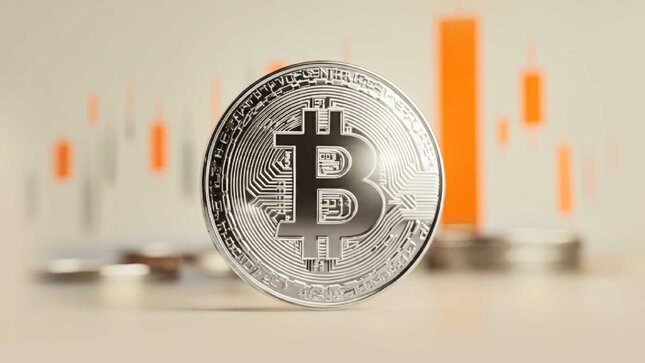Dollar Index Spot Exchange rate
Editors’ Picks

EUR/USD Price Annual Forecast: Growth to displace central banks from the limelight in 2026 Premium
What a year! Donald Trump’s return to the United States (US) Presidency was no doubt what led financial markets throughout 2025. His not-always-unexpected or surprising decisions shaped investors’ sentiment, or better said, unprecedented uncertainty.

Gold Price Annual Forecast: 2026 could see new record-highs but a 2025-like rally is unlikely Premium
Gold hit multiple new record highs throughout 2025. Trade-war fears, geopolitical instability and monetary easing in major economies were the main drivers behind Gold’s rally.

GBP/USD Price Annual Forecast: Will 2026 be another bullish year for Pound Sterling? Premium
Having wrapped up 2025 on a positive note, the Pound Sterling (GBP) eyes another meaningful and upbeat year against the US Dollar (USD) at the start of 2026.

US Dollar Price Annual Forecast: 2026 set to be a year of transition, not capitulation Premium
The US Dollar (USD) enters the new year at a crossroads. After several years of sustained strength driven by US growth outperformance, aggressive Federal Reserve (Fed) tightening, and recurrent episodes of global risk aversion, the conditions that underpinned broad-based USD appreciation are beginning to erode, but not collapse.

Bitcoin Price Annual Forecast: BTC holds long-term bullish structure heading into 2026
Bitcoin (BTC) is wrapping up 2025 as one of its most eventful years, defined by unprecedented institutional participation, major regulatory developments, and extreme price volatility.
Majors
Cryptocurrencies
Signatures
ABOUT THE US DOLLAR INDEX
The US Dollar Index (DXY, USDX) measures the value of the United States Dollar relative to a basket of foreign currencies. It is a weighted geometric mean of the dollar’s value relative to the following select currencies: Euro (57.6% weight), Japanese Yen (13.6%), British Pound (11.9%), Canadian Dollar (9.1%), Swedish Krona (4.2%) and Swiss Franc (3.6%).
The index started in 1973, following the dissolution of the Bretton Woods system, with a base value of 100.00. Values are relative to this base – for instance, a current reading of 99.800 would indicate that the dollar has depreciated by 0.2% since the start of the index.
While the Dollar Index is a geometrically weighted index rather than trade-weighted, it is concentrated in European currencies and excludes two of the US’ top trading partners, Mexico and China. As a result, it is primarily used as a speculative tool rather than by corporates or asset managers like mutual funds, insurance companies or endowments. Additionally, the geometric mean methodology artificially undervalues the USD over time.
US Dollar Index on Wikipedia
HISTORIC HIGHS AND LOWS FOR THE US DOLLAR INDEX
- All-time records: Max: 164.72 on 24/02/1985 - Min: 70.70 on 16/03/2008
- Last 5 years: Max: 114.78 on 23/09/2022 - Min: 89.21 on 05/01/2021
* Data as of December 2024
INFLUENTIAL ASSETS FOR THE US DOLLAR INDEX
- Currencies: The US Dollar (USD), the Euro (EUR), the Japanese Yen (JPY) and the Chinese Yuan (CNY).
- Commodities: Oil, Gold and Natural Gas.
- Bonds: T-Bond (a marketable and fixed-interest US government debt security).
- Indices: S&P 500 (American stock market index based on the market capitalizations of 500 large companies having common stock listed on the NYSE or NASDAQ) and Dow Jones (DJIA or Dow Jones Industrial Average, an index tracking the performance of 30 large publicly-owned companies during a standard trading session)
INFLUENTIAL ORGANIZATIONS AND ECONOMIC DATA FOR THE US DOLLAR INDEX
- The Federal Reserve (Fed) is the central bank of the United States (US) and it has two main targets: to maintain the unemployment rate at its lowest possible levels and to keep inflation around 2%. The Federal Reserve System's structure is composed of the presidentially appointed Board of Governors and the partially appointed Federal Open Market Committee (FOMC). The FOMC organizes eight scheduled meetings in a year to review economic and financial conditions. It also determines the appropriate stance of monetary policy and assesses the risks to its long-run goals of price stability and sustainable economic growth. The FOMC Minutes, which are released by the Board of Governors of the Federal Reserve weeks after the latest meeting, are a guide to the future US interest-rate policy.
- The US Government and its Treasury Department impact the US Dollar Index. Events such as administration statements, budgets, new laws and regulations or fiscal policy can increase or decrease the value of the DXY.
- US Gross Domestic Product (GDP) refers to the total market value of all final goods and services produced in the United States. It serves as a gross measure of market activity, indicating the pace at which the nation's economy is growing or contracting. Generally, a high reading or better-than-expected number is considered positive for the Dollar Index, while a low reading is seen as negative.